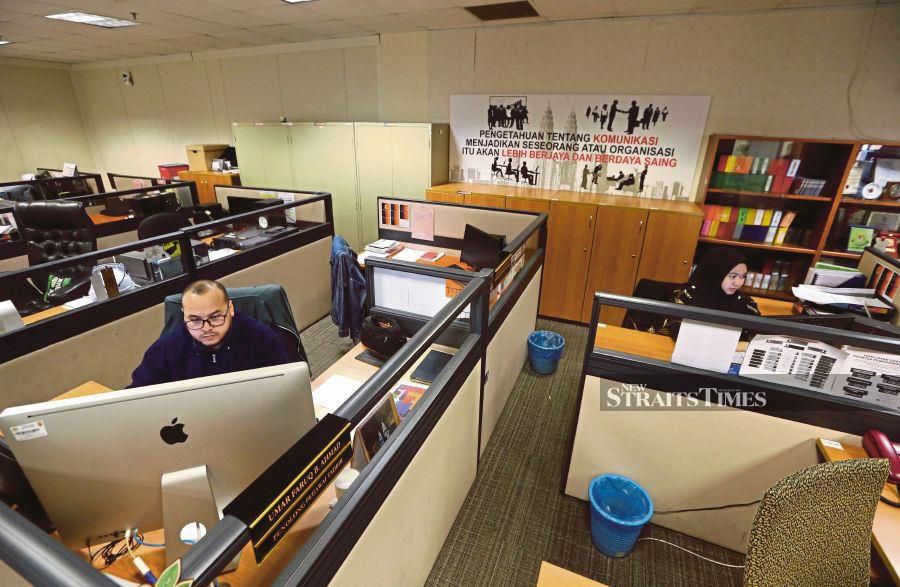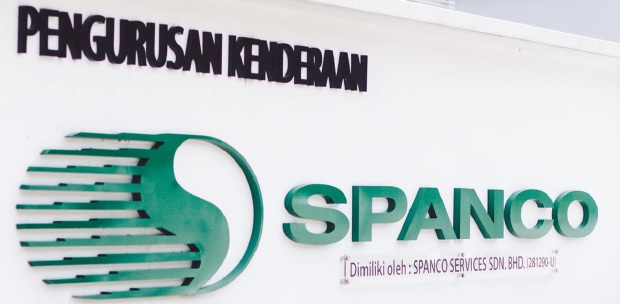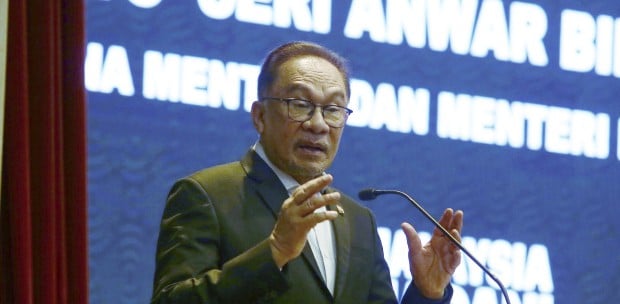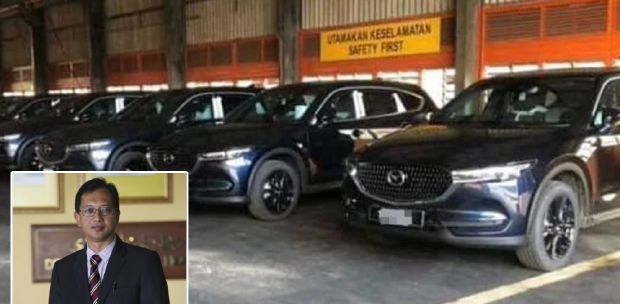MEDIA reports on Sept 29 confirm what we have heard countless times — that the government procurement system is still in a sorry state.
I have been conducting legal workshops on the government procurement system over the last five years, and despite having read various assurances that the public procurement system was being improved, annual reports by the auditor-general continue to tell us a different story.
According to the latest report, the Malaysian Anti-Corruption Commission (MACC) is investigating the procurement of the new uCustoms system worth RM397.43 million, which started development in October 2013 and was supposed to be delivered by 2015.
MACC's action was in response to the request by Public Accounts Committee chairman Wong Kah Wong that the matter raised in the 2019 Auditor-General's report be immediately investigated.
The report was tabled in the Dewan Rakyat on Sept 28.
The vendor of the uCustoms system had failed to complete the job after 86 months despite five extensions of time, and only one liquidated and ascertained damages of RM55,660 was imposed. So far, RM272.99 million has been paid to them.
According to the auditor-general's report, only three of the 70 major modules had been completed and are operational. Less than one third of the promised 3,876 deliverables had been received by the Customs Department.
There were also weaknesses in the payment process, including 13 payment vouchers amounting to RM64.89 million, that could not be verified due to incomplete documents.
Auditor-General Nik Azman Nik Abdul Majid was quoted as saying that the Customs Department "was responsible for the biggest wastage" in 2019.
Public procurement in Malaysia is governed by a set of old statutes (the Financial Procedure Act 1957, the Government Contract Act 1949) and another set of administrative instruments (Treasury Instructions and Circular, Federal Central Contract Circulars).
We do not have a modern Public Procurement Act like in other jurisdictions, such as Croatia, Denmark and Jamaica.
In 2018, Sunway University Business School economics professor Dr Yeah Kim Leng told the media that the federal government spends a large portion of its budget (about RM150 billion per year) on procurement "but 30 per cent can be saved if leakages and wastages are cut".
Former auditor-general Tan Sri Ambrin Buang had also criticised our public procurement system, which he said suffered "from problems of wastage, overpricing, cost overruns, delays and sub-standard quality in the final delivery of projects".
Ambrin acknowledged that while some of these problems could be due to "administrative inefficiency, inexperience or human error in the procurement process", in many cases they "also stem from intentional manipulation and fraud, nepotism, cronyism and corruption at the expense of taxpayers". Former Transparency International-Malaysia president Datuk Akhbar Satar was quoted as saying that "politically-connected companies" had won contracts through collusion even though they were not up to the task.
A 2013 study on the public procurement system revealed three major failings — inadequate procurement planning and poor drafting of specifications, insufficient use of open competitive tendering, and lack of monitoring and evaluation.
To overcome these three key failings, the study recommended that a "robust transparency regime must be put in place so that the people can hold public institutions and politicians accountable".
Our National Anti-Corruption Plan (NACP) 2019-2023, launched in 2019, had targeted 2023 as Malaysia becoming a "corruption-free" nation. Its third strategy (out of six) is to "increase efficiency and transparency in public procurement". Significantly, one of the 115 NACP initiatives is the introduction of a "legislation on public procurement" by December 2023.
Since we are just about two years away from that target date, the question, therefore, is "can we make it (a reality)?"
The writer was a federal counsel at the Attorney-General's Chambers and visiting professor at Universiti Teknologi Malaysia. He is now a full-time consultant, trainer and author






